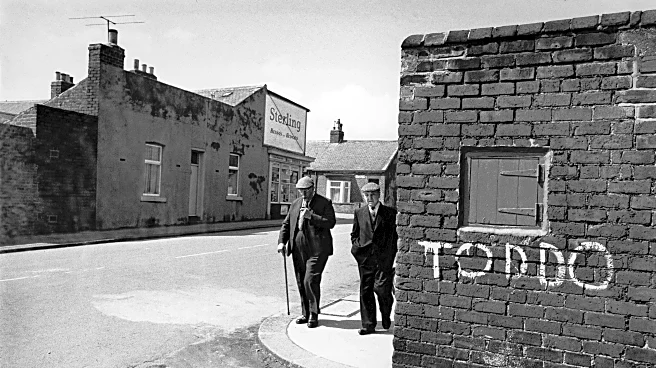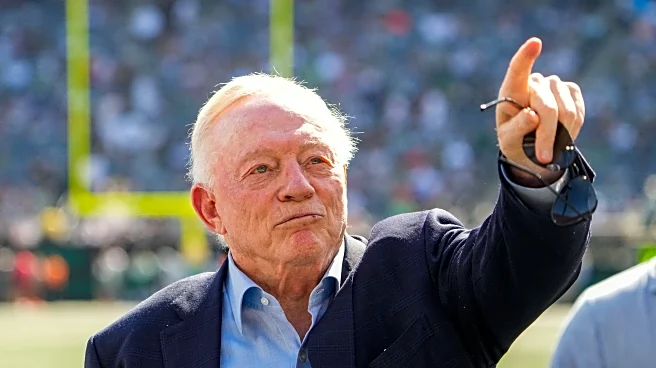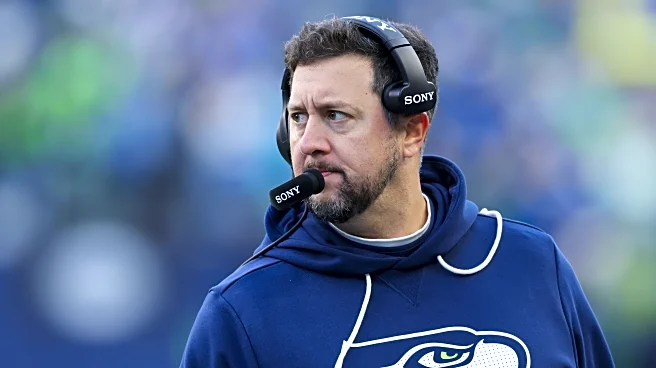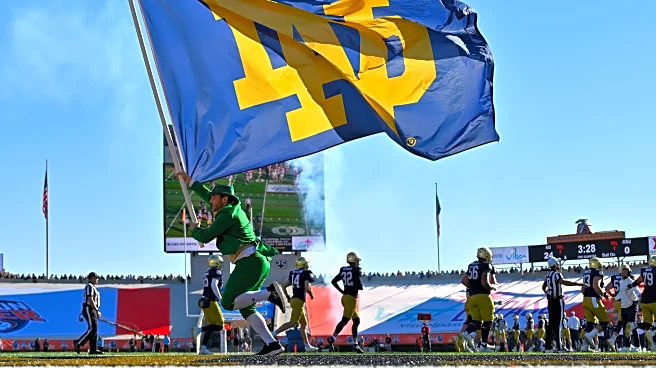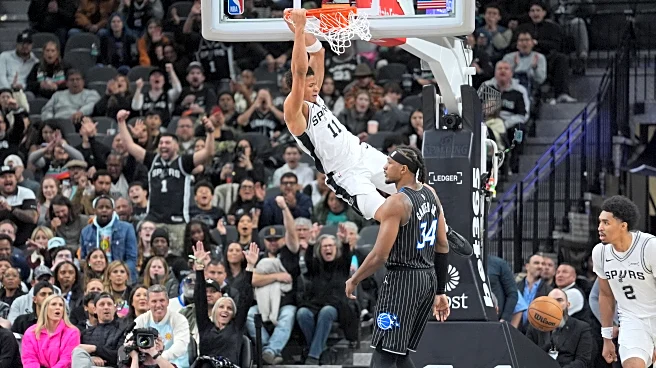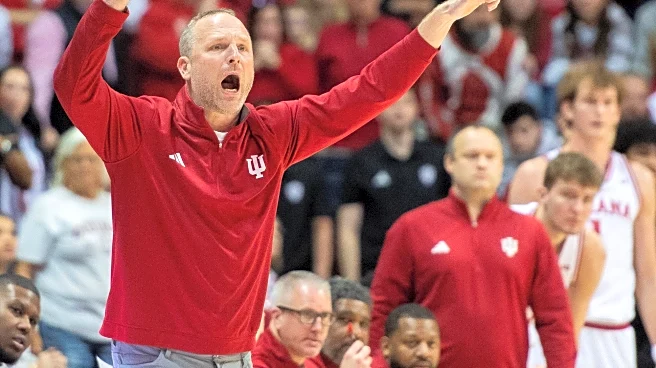In a hard-fought game at Stamford Bridge, Sunderland had not long equalised through a well-worked Alan Gauden goal when captain Charlie Hurley succumbed to an injury he had picked up earlier in the contest
and had to leave the field in the seventy-fifth minute. Seventeen-year-old substitute Colin Todd took King Charlie’s place to begin his first-team career.
Still an apprentice at the time, Toddo, as the fans came to call him, made a steady start in the fifteen-plus minutes he was on the pitch, helping the Lads to a well-deserved point.
He was an unused sub for the midweek League Cup tie against Sheffield United and on the bench again the following week in the league game against Leicester at Roker Park. I was ensconced in the Boys’ Enclosure of the Roker End for this match, and in the tenth minute, Slim Jim Baxter had to go off injured, and on came Toddo. I didn’t know whether to cry or laugh. I adored watching Slim Jim strut his stuff but had seen Toddo play a few games for the youth team and was already a fan.
The League Cup replay at Bramall Lane saw Todd make his full debut in a tough tie that went to extra time and was won by an Alan Woodward goal in the ninety-second minute, with Mick Jones and Alan Birchenall proving a real test for the young debutant and the Sunderland defence. Despite his difficult full debut, by the end of this season, Toddo was a fixture in the team with twenty-seven appearances in all competitions and three from the bench.

Colin Todd was born in Chester-le-Street in December 1948. He went to Chester-le-Street Modern School and, as a youngster, often played with older age groups as a goal-scoring forward. But it was at half-back that he made his name, and in 1963/64, Todd was a key member of the Chester-le-Street & District School team that played their way to the English Schools Trophy Final. The two-legged final saw the second leg played at Roker Park in front of a 20,000-plus crowd; in the team with Todd that day were Keith Felton and Colin Suggett, who would both go on to join Todd at Sunderland.
Legendary Sunderland scout Charlie Ferguson soon knocked on Colin Todd’s door, and despite interest from Middlesbrough and Newcastle, Toddo was keen to join Sunderland, given their burgeoning reputation for developing young talent under Alan Brown.
The youth-team squad of 1964/65 contained some fine young players. Alongside Todd were Colin Suggett, John O’Hare, Billy Hughes, Bobby Kerr, Derek Forster, and Jimmy Shoulder, who would all go on to play for the first team. This team, for a short while, benefitted from the fledgling coaching wisdom of Brian Clough, who would commence his career as a manager with Hartlepool later that year. The youth team got to the semi-finals of the FA Youth Cup that season, and legendary North East sports journalist Doug Weatherall reflected some years later on an encounter with the new youth-team coach Clough at this time. He asked Clough who his best player was, and without pause was told, “Number four, Todd”!
The youth team would go one better in 1965/66 as beaten finalists. Brian Chambers and Malcolm Moore had joined the youth squad for this season, and both would go on to play for the first team. I was lucky enough to see this youth team play, and Toddo was impressive in a squad of very good players.
The 1966/67 season saw Dennis Tueart make his bow with the youth team, and Toddo played a small part in helping the team to the Youth Cup final and victory. Capped three times by England Youth in this season, Todd was fast-tracked into the first team, where he quickly made his mark at half-back alongside the likes of Charlie Hurley, Martin Harvey, George Kinnell, and Jim Baxter.
These were difficult times for Sunderland, who finished this season seventeenth in the division. Manager Ian McColl was determined to structure his game plan around the mercurial Baxter, but with the Scottish maestro’s vices catching up with him and a schism in the dressing room between Baxter and Hurley, it was hardly an ideal setting for a young player to be attempting to make his way in the game.

The 1966/67 season was impressive in that no fewer than five youth-team players made their debut that campaign, with Kerr, Hughes, Suggett, and Shoulder joining Todd in the first team.
I came to love watching Toddo in the youth and first team, and fully admit to being a big fan.
What was it that made him such a good player, you might well ask?
One of his most obvious strengths was his speed. He was so quick over the ground but moved so smoothly he often looked like he wasn’t moving as quickly as he was. He clearly was, though, because he was catching really fast opposition players!
His timing, allied to his pace, facilitated his tackling, which was more often than not decisive and cleanly executed.
He was described as a “Rolls-Royce” in training and brought great stamina to his game.
Even as a youngster, he always appeared calm and composed on the ball, with an instinctive ability to see the simple pass and to avoid “hospital passes” to his team-mates. He was a very good cross-field or long-diagonal passer and able to pass off two very good feet.
King Charlie Hurley was a really big fan and said, “I remember when I got back into the side, and Toddy came in. He was very, very quick. I was glad he did so well. He was a lovely lad. I gave him a lot of advice, and he listened. I thought the arrival of Todd would put two to three years on my career… he had two great feet.” The feeling seems to have been mutual, with Todd describing Hurley as “majestic” and acknowledging the advice and experience passed on.
Toddo had a different take on Slim Jim Baxter, and you get a sense of his motivation when you consider his words: “I thought Baxter on his day was a genius. He could play, he could take teams apart, but I don’t think we saw the best of him, mainly because the drink caught up with him. I don’t care what you say, if you don’t look after yourself, you suffer.”
Doug Weatherall, who was a big fan of Todd, remembered going to speak to Jim Baxter one day (a player never short of a quip or some copy, usually focused on himself) shortly after Todd had broken into the team. Baxter said to him, “You should write about young Toddy; he wins the ball and gives it to me.” Great praise indeed from the Scottish enigma!

The 1967/68 season saw Toddo play forty-six games in all competitions, as well as two appearances from the bench. It was a marginally better season in that we finished fifteenth, but it also saw major changes in that Jim Baxter was sold, and Ian McColl was replaced by former manager Alan Brown. Before McColl’s dismissal, Ian Porterfield, Gordon Harris, Calvin Palmer, and Geoff Butler were bought for a combined total of just short of £250,000.
Alan Brown’s arrival did not alter Toddo’s progress, and in 1968/69, he played forty-three games in all competitions, missing only one league game. His reputation was growing as one of the best young players in the country. Our league position did not improve, finishing seventeenth for the second time in three years. There was further bad news at the end of the season when Colin Suggett was sold, much to the consternation of supporters.
From 1968, following his three England youth caps in 1967, Todd was called into the England Under-23 squad at nineteen years old and went on to captain the side, earning fourteen caps between 1968 and 1975.
Season 1969/70 brought the captaincy to twenty-one-year-old Todd, and he went on to make forty-one appearances in all competitions, as well as one from the bench, missing only one league game. This was a very difficult season, with Charlie Hurley, George Mulhall, and Ralph Brand given free transfers before the season got underway, and their experience not replaced. Added to that, Alan Brown enforced a season-long banishment from the first team on Ian Porterfield for a pre-season bust-up with the manager; his guile and creative input was sorely missed that season as Sunderland were relegated in twenty-first position.
The rumours abounded in the close season about Toddo’s future at the club, but he started the 1970/71 season in the Second Division and missed only two league games up to February.
The festive period had seen rumours circulating again about Toddo’s future. Alan Brown, trying to quell the noise, said that Todd would not be sold and that he had a long career at Sunderland ahead of him.
On the February morning he was sold, Brian Clough told the press he would not be buying Todd as Derby could not afford him. By the afternoon, Clough had agreed a record fee for a defender and the second-highest fee ever paid at that point in time of £170,000. Apparently, Derby’s board and chairman had no idea about this purchase!
Clough, in fairly typical fashion, having just about robbed us in 1966 when signing John O’Hare for £22,000, declared, following the record fee paid, that he had bought a real gem for a bargain and would have paid more for Todd if he had been pushed!
Todd went on to win two league titles with the Rams, as well as making his full England debut before going on to make twenty-seven international appearances. In 1974/75, he was voted the PFA Footballer of the Year.
Brian Clough was trying to sign Scotland’s international centre-back Frank McLintock from Arsenal, and McLintock expressed some dismay that Clough needed him, given that Todd was really hitting his straps in the Derby defence and with England. Clough told him Todd was so good he could play him anywhere!

Toddo’s England career saw him play behind his club colleague Roy McFarland initially and then form arguably one of the most lauded central defensive pairings for England with Dave Watson. They complemented each other tremendously well, and, as some Sunderland fans will know, played with each other for four games in 1970/71 for the Lads, but at this point, Dave Watson was being played at centre-forward. Surely a ‘what if’ moment in Sunderland’s history: if Todd had not been sold and Watson moved to centre-half earlier in his Sunderland career, who knows what might have transpired?
Toddo went on to play for Everton and Birmingham, as well as returning to play a full season for Clough at Nottingham Forest in the top tier, aged thirty-four, in a career that saw him make over 700 appearances in league football, a testament to his fitness, consistency, and dedication to his craft.
Colin Todd went on to have a good career as a coach and manager, being held in high esteem at Middlesbrough, where he did such good work alongside Bruce Rioch in helping the club through one of the worst periods in their history as they fought the spectre of liquidation. Also at Bolton, where he took the team into the top tier as they moved into the new Reebok Stadium, developing a number of young players who went on to have good careers in the game.
The last word on Toddo goes to sports writer Doug Weatherall, who, reflecting on his playing career, wrote, “Colin Todd was the first No. 4 to make a case for a central defender being a great footballer in their own right. In an era when there were plenty of dirty defenders, Todd played the game with a beautiful, elegant, and sometimes violent efficiency.”
